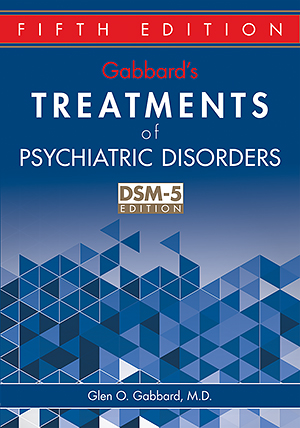Sections
Excerpt
The hallucinogens are a class of psychoactive drugs, either synthetic or plant products, that produce auditory and/or visual hallucinations as well as thought, mood, and perceptual changes. Depending on dosage, expectation (set), and environment (setting), they also can induce euphoria and a state similar to a transcendental experience. These hallucinations can be present as part of a delirium (e.g., from jimsonweed [Datura stramonium]) when accompanied by disturbances in judgment, orientation, intellect, memory, and emotion. Delirium also can result from drug withdrawal (e.g., associated with sedative-hypnotic and/or alcohol withdrawal).
Access content
To read the fulltext, please use one of the options below to sign in or purchase access.- Personal login
- Institutional Login
- Sign in via OpenAthens
- Register for access
-
Please login/register if you wish to pair your device and check access availability.
Not a subscriber?
PsychiatryOnline subscription options offer access to the DSM-5 library, books, journals, CME, and patient resources. This all-in-one virtual library provides psychiatrists and mental health professionals with key resources for diagnosis, treatment, research, and professional development.
Need more help? PsychiatryOnline Customer Service may be reached by emailing [email protected] or by calling 800-368-5777 (in the U.S.) or 703-907-7322 (outside the U.S.).



